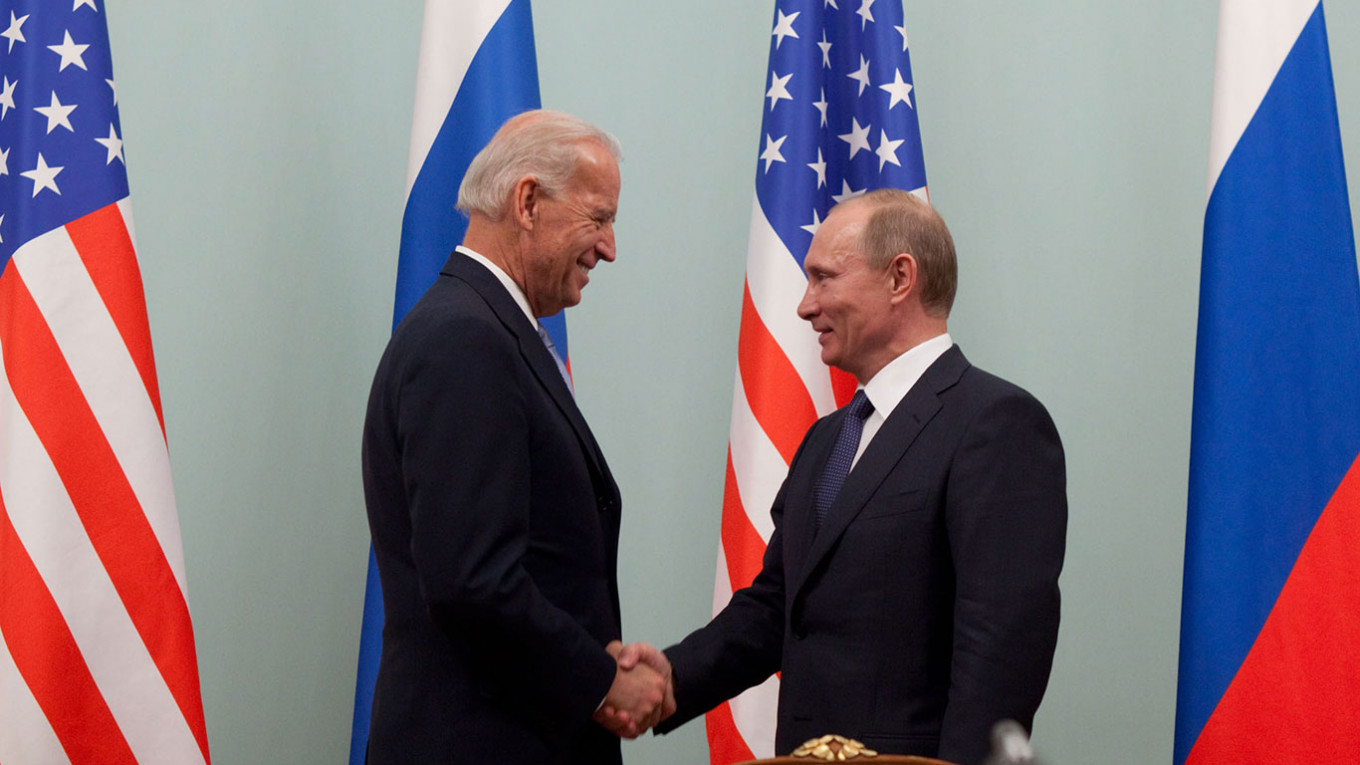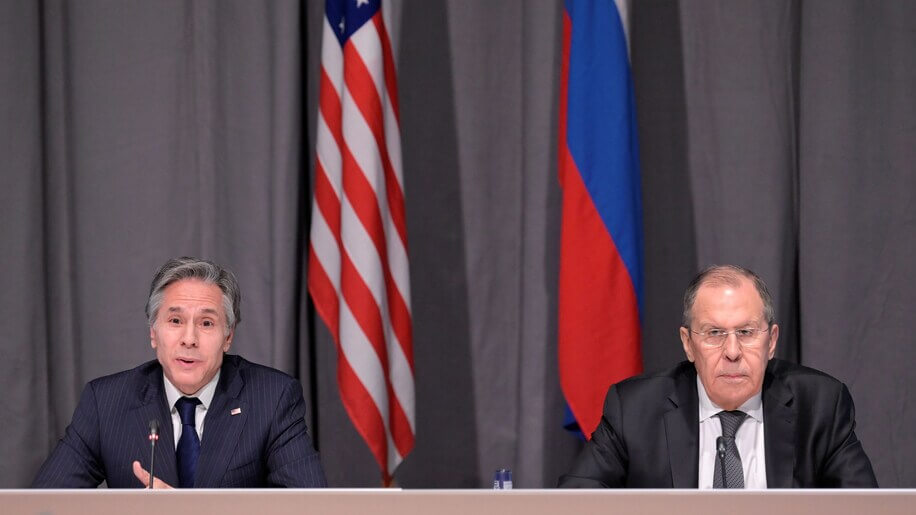On Thursday, United States (US) Secretary of State Antony Blinken and Russian Foreign Minister Sergey Lavrov held “candid” discussions about the Ukrainian border crisis in a face-to-face meeting in Sweden.
The Cold War rivals met on the sidelines of the Organisation for Security and Cooperation in Europe (OSCE) meeting in Stockholm as tensions continue to rise over a possible Russian invasion of Ukraine.
At a press conference after the OSCE meeting, Blinken voiced concerns over the escalating hostility at the Ukrainian border, saying, “Russia has made plans for significant aggressive moves against Ukraine, including efforts to destabilize Ukraine from within and large-scale military operations.” “We’ve seen this playbook before in 2014 when Russia last invaded Ukraine,” he added, referring to the Russian annexation of the Crimean peninsula.
Blinken asserted that “Ukraine is in no way posing a threat to Russia or seeking a confrontation that would justify a Russian military intervention.” Keeping this in mind, he urged Moscow to “de-escalate the current tensions by reversing the recent troop buildup, returning forces to normal peacetime positions, and refraining from further intimidation and attempts to destabilize Ukraine.”
The top US diplomat also held discussions with Ukrainian Foreign Minister Dmytro Kuleba regarding a diplomatic and peaceful resolution to the Donbas conflict and the territorial dispute over Crimea. In a statement, White House spokesperson Ned Price said, “The Secretary reconfirmed the United States’ commitment to Ukraine’s independence and territorial integrity and stressed the full implementation of the Minsk agreements as the best path forward.”

Meanwhile, before he met Blinken, the Russian Foreign Minister told reporters, “Let me stress that we are interested in working together to resolve the Ukrainian crisis.” “Russian President Vladimir Putin emphasised, we do not want any conflicts,” Lavrov added.
During his meeting with Blinken, Lavrov warned that the West was “playing with fire” with regards to North Atlantic Treaty Organization’s (NATO) expansion towards Russia. “I want to make it crystal clear: Turning our neighbours (Ukraine) into a bridgehead for confrontation with Russia, the deployment of NATO forces in the regions strategically important for our security, is categorically unacceptable,” he said.
Lavrov stressed that “NATO’s further eastward expansion will obviously affect our fundamental security interests.”
Ukraine is a long term NATO ally and seeks to attain membership status to get military backing from the Western alliance.
Lavrov’s comments come after Washington threatened Moscow with “high impact economic measures” over further escalation of the Ukrainian crisis during a NATO meeting in Latvia on Wednesday. Earlier this week, Putin demanded “reliable and long-term security guarantees” over NATO expansion.
Both Moscow and Kyiv have accused each other of amassing troops at their borders. Kremlin spokesperson Dmitry Peskov said, “More than 120,000 (Ukrainian) troops have been deployed to the conflict zone.” At the same time, the US and Ukraine estimate the presence of at least 90,000 Russian troops at the border.
US President Joe Biden and his Russian counterpart met earlier this year in Geneva amid a similar troop build-up situation at the Ukrainian border. The leaders are expected to meet again as the current crisis continues to escalate.
Blinken said that it was “likely the presidents will speak directly in the near future.” Russian Deputy Foreign Minister Sergei Ryabkov also said that “contact is very necessary, [given that] our problems are multiplying.”

